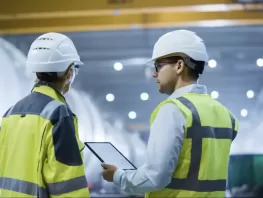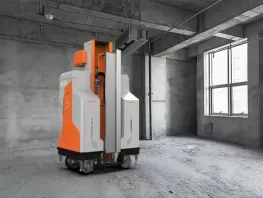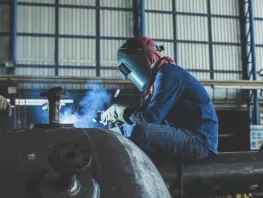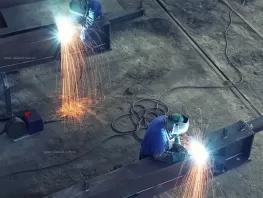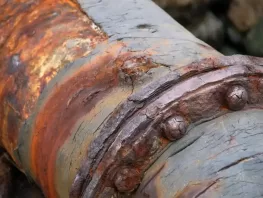
Exploring the Role of Moisture Mitigation in Commercial Flooring Installations
Posted Sep 09, 2024 by Dave Scaturro

Moisture is one of the most significant threats to the integrity and longevity of commercial flooring installations. Left unchecked, excess moisture can lead to a host of problems, including adhesive failures, mold growth, and even structural damage. Proper moisture mitigation is therefore essential to ensure the durability and performance of commercial flooring systems. This blog explores the importance of moisture mitigation and how it plays a critical role in successful flooring installations.
The Impact of Moisture on Commercial Flooring
Moisture-related issues in commercial flooring can arise from several sources, including groundwater, humidity, and leaks. When moisture seeps into flooring materials, it can cause a range of problems:
Adhesive Failures: Many commercial flooring systems rely on adhesives to secure the material to the substrate. Excess moisture can break down these adhesives, leading to lifting, bubbling, and ultimately, flooring failure.
Mold and Mildew Growth: Moist environments are breeding grounds for mold and mildew. Not only do these organisms pose health risks, but they can also cause odors, stains, and further damage to the flooring materials.
Warping and Buckling: Certain flooring materials, such as wood or laminate, are particularly susceptible to warping or buckling when exposed to moisture. This can compromise the appearance and safety of the floor.
Structural Damage: In severe cases, moisture can penetrate the substrate, leading to structural damage that is costly to repair and can cause significant downtime for businesses.
Importance of Moisture Testing
Before any commercial flooring installation conduct thorough moisture testing. This step identifies the moisture levels in the subfloor, allowing installers to determine whether moisture mitigation measures are needed. Various methods, such as calcium chloride tests or relative humidity probes, can be used to assess the moisture content. Proper testing helps prevent future issues and ensures that the flooring system will perform as expected.
Moisture Mitigation Strategies
When moisture levels exceed acceptable thresholds, moisture mitigation becomes necessary. Several strategies can be employed to address moisture concerns:
Moisture Barriers: Installing a moisture barrier or vapor retarder is a common solution. These barriers prevent moisture from rising through the subfloor and reaching the flooring material.
Epoxy Coatings: Epoxy moisture mitigation systems create an impermeable layer on the subfloor, sealing out moisture and providing a solid foundation for the flooring installation.
Self-Leveling Underlayments: These underlayments not only help to level uneven subfloors but also can include moisture-mitigating properties, providing an additional layer of protection against moisture intrusion.
Dehumidification: In environments where humidity is a concern, dehumidification systems can be employed to reduce moisture levels in the air, preventing moisture from accumulating in the flooring system.
The Role of Professional Installation
Effective moisture mitigation requires expertise and attention to detail. Professional flooring contractors, like those at Alpine Painting, have the experience and knowledge to assess moisture levels accurately and implement the appropriate mitigation strategies. By working with experts, businesses can ensure that their commercial flooring installations are protected against moisture-related issues, leading to a longer-lasting, more durable flooring system.
Keep Your Flooring Protected
Moisture mitigation is a critical aspect of commercial flooring installations that cannot be overlooked. From preventing adhesive failures to protecting against mold growth and structural damage, proper moisture management ensures the longevity and performance of the flooring system. By conducting thorough moisture testing and implementing effective mitigation strategies, businesses can safeguard their investments and maintain the integrity of their commercial spaces. Trust the professionals at Alpine Painting to provide expert guidance and high-quality installation services that keep your flooring protected for years to come.
